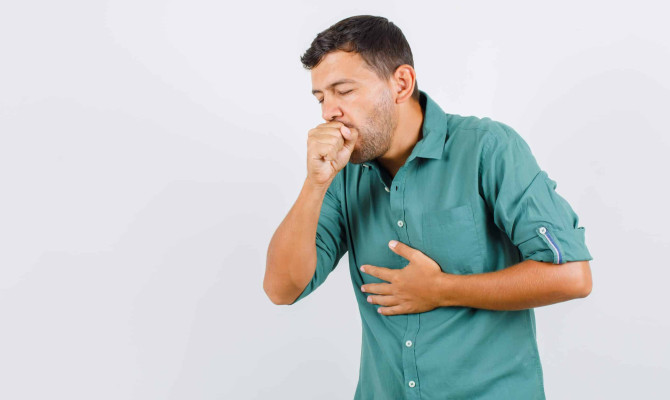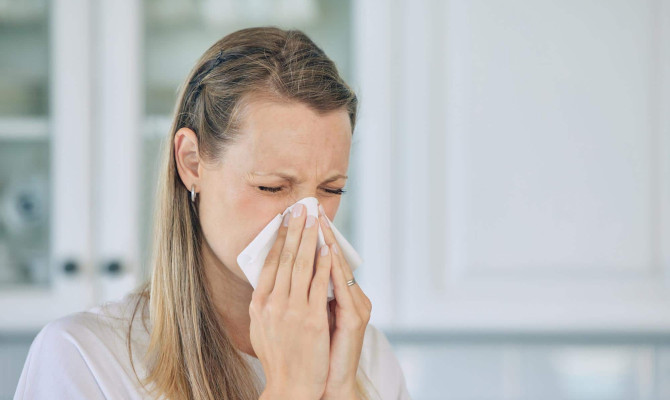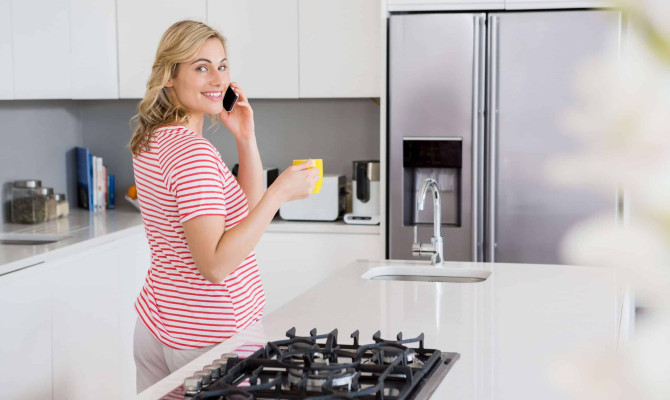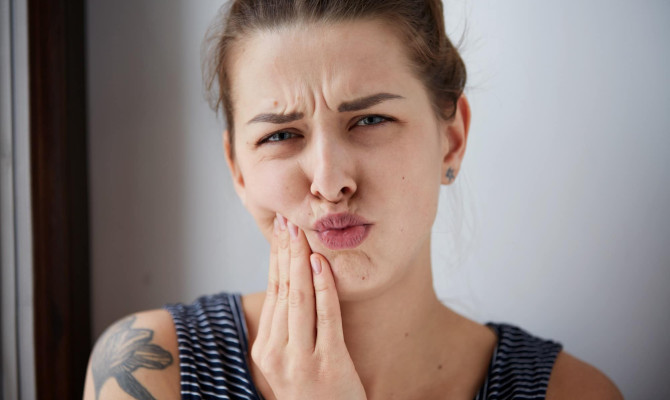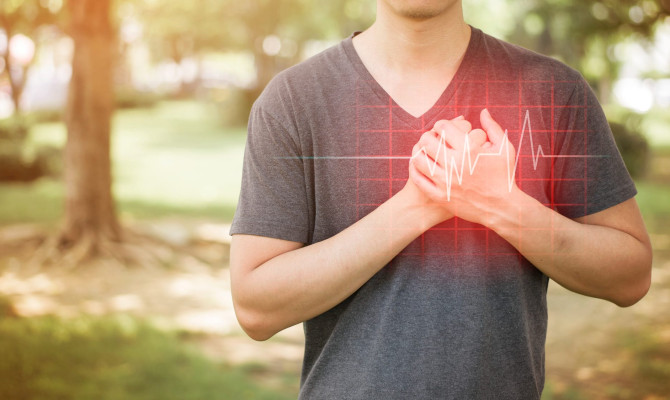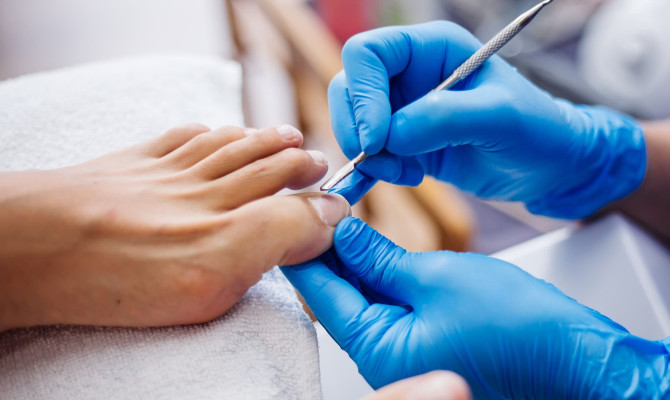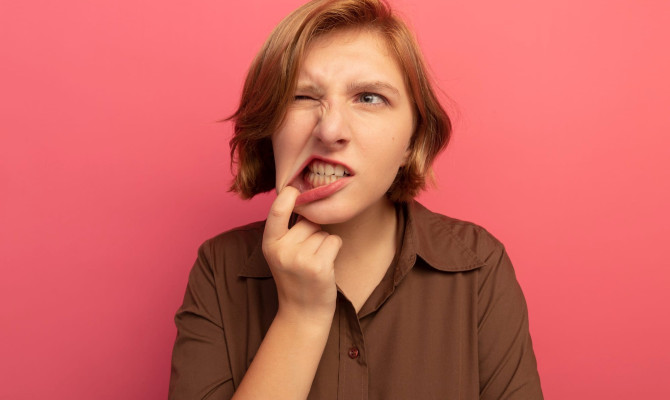Constipation : Symptoms, Causes, and Management

- Constipation
- 16 Aug 2023
Overview
What is constipation?
Everyone, ranging from the young individuals to the very old adults can experience bouts of constipation. It may indicate infrequent bowel movements or an inability to entirely empty the bowels.2Overview| Researched based study from Medlineplus.gov
Stools may be stiff and lumpy and abnormally large or small if you suffer from constipation. Constipation can range in severity from mild to extremely uncomfortable. While constipation is a temporary condition for most people, for others it can be a chronic condition that significantly reduces their quality of life due to the pain and discomfort it causes.

Causes
What are the causes of constipation?
There are numerous potential causes of constipation, and often multiple factors contribute to the condition at once.1Causes| Researched based study from Niddk.nih.gov
Possible causes of constipation are
- Delays in colon emptying can result from a number of causes, including pelvic floor diseases, which affect women disproportionately, and colon surgery.
- Irritable bowel syndrome and other functional gastrointestinal disorders
- Some pharmaceuticals and nutritional aids
Some medications and dietary supplements that can actually make constipation worse are:
- Aluminum and calcium-based antacids
- Anticholinergics and antispasmodics
- Anticonvulsants—medications taken to avoid seizures
- Antagonists of calcium channels
- Iron supplementation and diuretics
- Parkinson’s disease medication
- Opioid pain relievers, antidepressants, and other medications1Causes| Researched based study from Niddk.nih.gov
Alterations to one’s life or one’s normal routine can worsen constipation
When your life or routine changes, you may experience constipation.
- When you’re older
- When you are pregnant
- Traveling
- Ignoring bathroom needs
- If you alter your medication and diet, you may see improvements.
Some issues with diet and health
Constipation can be a symptom of health and nutritional issues.1Causes| Researched based study from Niddk.nih.gov
- Inadequate fiber intake
- Dehydration from not taking in enough fluids
- Lacking sufficient exercise
- Diseases of the nervous system and spine, such as Parkinson’s, might be exacerbated by a celiac diet.
- Trauma to the brain or spinal cord
- Metabolic disorders
- Hormonal disorders
- Hypothyroidism and other illnesses that might influence your metabolism
- Anorectal blockage, tumors, and other forms of intestinal inflammation associated with diverticular illness or proctitis.
- Anatomy issues with your intestines
Symptoms
What are the symptoms of constipation?
Constipation symptoms include: 3Symptoms| Researched based study from Niddk.nih.gov
- Diarrhea from obstruction of the colon by hard stool
- Psychological distress about having to go to the bathroom
- Straining when going to the bathroom
- Passing hard and/or small feces
- A sense of incomplete evacuation after going to the bathroom.
Vulnerability
Who is at risk of constipation?
- Women, especially those who are pregnant or have recently given birth 1Vulnerability| Researched based study from Niddk.nih.gov
- Older individuals
- People with certain health problems, such as functional gastrointestinal disorders
- People who take particular medicines or dietary supplements
- People who eat very little fiber
Complications
Complications related to constipation
- Fecal impaction can develop from chronic constipation when the final section of the big intestine (rectum) has become backed up with waste.
- After a period of constipation, diarrhea is the primary symptom. 5Complications| Researched based study from Nhs.uk
Consultation
When should you consult a doctor for constipation?
If self-care doesn’t help, or if there’s a history of colon or rectal cancer in your family, it’s time to consult a doctor.
If you suffer from constipation with any of the following conditions, you should seek medical attention immediately: 1Consultation| Researched based study from Niddk.nih.gov
- Continual genital bleeding
- Continual abdominal pain, vomiting, and blood in your stools gas
- Headaches nausea backache
- Reducing body fat with no effort
Diagnosis
How do doctors diagnose constipation?
Doctors diagnose and determine the reason for constipation based on patient and family medical history, a physical exam, and/or diagnostic procedures.1Diagnosis| Researched based study from Niddk.nih.gov
Family and medical background
In order to get a full picture of your health, your doctor will ask you questions like:
- Whether you have recently lost or gained weight, whether you have a history of anemia
- Whether you have ever had digestive tract surgery
In addition, your doctor may inquire about your condition by asking questions like:
- How frequently do you empty your bowels?
- When did you initially observe these symptoms?
- In what ways are your stools unique?
- Do you have blood in your poop?
- Do you find blood stains on your toilet paper after wiping?
- The questions your doctor asks regarding your daily habits, like
- How do you typically eat?
- How active are you, generally speaking?
- What prescription medications do you take?
- Do you also use any alternative or complementary treatments?
Before going to the doctor, it may help to keep a log of your bowel movements and the color and consistency of your stools for a few days or weeks. Write down on a paper or in a recording to show your doctor.
Your doctor may opt to cure your symptoms first before ordering testing, depending on your condition.
Laboratory Analyses
The following laboratory tests may be used by your doctor to diagnose the underlying cause of your constipation:
- Anemia, hypothyroidism, and celiac disease are all detectable by blood testing
- Blood and infection/inflammation markers can be detected using a stool sample.
- Diabetic symptoms, for example, may be detected by a test of the urine.
Endoscopy
- To check for issues in the lower digestive tract, your doctor may do an endoscopy to examine your anus, rectum, and colon. Constipation endoscopies include Sigmoidoscopy, Colonoscopy, and Other Procedures.1Diagnosis| Researched based study from Niddk.nih.gov
- Your doctor may also take a biopsy when conducting either of these procedures.
- During a biopsy, tiny samples of tissue are removed for microscopic analysis.
- A biopsy can help a doctor diagnose cancer and other diseases.
Colorectal transit studies
Colorectal transit studies are bowel function tests used to evaluate the efficiency with which feces travel through the colon.
Radiopaque markers
- It is an X-ray method of monitoring the transit of radioactive markers via the digestive tract.
- You might expect to see the markers in your feces anywhere from three to seven days after taking the capsules containing them.
Scintigraphy
- It is a procedure where a small amount of radioactive material is infused into a meal and the results are analyzed.
- As the substance travels through your digestive system, your doctor monitors its progress with the aid of specialized computers and cameras.
Other Evaluations of Bowel Function
The following tests can help your doctor rule out specific diseases and ailments as potential causes of your constipation:
- Defecography-Examining how well you can hold and release feces
- Anorectal manometry-A test of rectum sensitivity, sphincter function, and anal sphincter function
- Balloon expulsion test-Tests for inability to expel stool in which a tiny water balloon is expelled from the rectum.
Treatment
Treatment of constipation
Constipation can be treated with self-care measures or medication prescribed by your doctor. Your doctor may advise you to stop taking a medicine or supplement, reduce your dosage, or switch to one that doesn’t cause constipation if they find out you’re taking one that does.1Treatment| Researched based study from Niddk.nih.gov
Never stop consuming your prescribed medicines without first asking your examiner.
Medicines that require a doctor’s prescription include:
- Lubiprostone is a medication used to increase fluid in the digestive tract and its effects include decreased abdominal pain, softer stools, and more frequent bowel movements.
- Constipation due to IBS or chronic constipation without an identifiable cause may be treated with the laxatives linaclotide or plecanatide.
- Prucalopride is a medication that stimulates bowel movement and is used to treat chronic constipation for which a specific cause cannot be determined.
Treatment options for fecal impaction include:
- Prescription-strength laxatives
- Medicine that is inserted in the buttocks (a suppository)
- A micro enema is a procedure in which a healthcare provider flushes your intestines by inserting a catheter into your rectal area.
Treatment via biofeedback
- Your doctor may offer biofeedback therapy for retraining the muscles responsible for bowel motions if you’re having trouble with them.
- Using biofeedback, you can train your body to perform different muscle contractions.
Surgery
- When non-surgical methods fail to relieve anorectal obstruction due to rectal prolapse, surgery may be recommended.
- If your colon muscles are dysfunctional, your doctor may recommend that you have your colon removed surgically.
- Inquire about the potential gains and losses if your doctor suggests surgery.
Prevention

How to prevent constipation?
Lifestyle measures can improve digestive function, making them useful for the treatment and prevention of constipation.4Prevention| Researched based study from Patient.info
Consume lots of high-fiber foods
- Roughage (also known as fiber) is the indigestible portion of plant foods. Fiber makes bowel movements more substantial and comfortable.
- It could take many days, or sometimes weeks, for the effects of a high-fiber diet to become noticeable.
- If you suddenly increase your fiber intake, you can experience some gas and bloating at first.
- As your digestive system adjusts to the fiber, you may notice a reduction in gas and bloating. Therefore, if you are not accustomed to a high-fiber diet, it is best to gradually increase the amount of fiber you consume.
- Consume at least 30 grams of fiber daily. When incorporating more fiber into your diet, it’s important to stay hydrated. Abnormal bowel obstruction can occur seldom when too much fiber is consumed without enough liquids.
Be sure to hydrate well.
- The recommended daily fluid intake is two liters or eight to ten cups.
- Most of the fluid will leave the body by urine, but some of it will be expelled via the intestines, where it will help loosen the stool.
- Except for alcoholic beverages, which can cause dehydration, most other drinks will do.
- To begin, try supplementing your regular fluid intake with a glass of water three to four times daily.
Sorbitol
- Sugar alcohols that occur in nature.
- It’s poorly digested, so it pulls water into the gut, making feces softer.
- Sorbitol is a sugar alcohol that may be beneficial to add in your diet.
- Apples, gooseberries, grapes (and raisins), peaches, pears, plums, prunes, raspberries, and strawberries are all examples of fruits (and their juices) that are rich in sorbitol.
- Dried fruit has a sorbitol concentration that is five to ten times higher than that of fresh.
- Dried or semi-dried fruits are convenient to bring along as snacks or in a lunchbox.
Variations of a Healthy Diet
- Prunes have been shown to have similar efficacy to one of the most popular laxatives.
- One study indicated that eating roughly six prunes twice a day was effective.
Try to work out on a consistent basis.
- Physical activity aids in keeping the digestive tract active.
- Constipation is more common among the disabled and those who must spend extended periods of time in bed (even if only when hospitalized).
Hygiene practices
- Do not put off going to the bathroom. If they are too busy, some people will try to push the feeling down.It could lead to a buildup of feces that makes subsequent defecation difficult.
- It’s important to take your time and not rush when using the restroom. This will help you get a complete bowel movement.
- Going to the bathroom first thing in the morning or around 30 minutes after eating is typically the ideal time. This is because, as a result of the gastrocolic reflex, bowel movements (propulsion) are the largest first thing in the morning and right after eating.
- Caregivers have a responsibility to ensure that people with mobility restrictions, such as the elderly or those with dementia, have access to adequate assistance in getting to the bathroom when they need to go and that they are able to maintain a consistent, leisurely, and private toileting pattern.
Takeaway
Takeaway
Constipation means that a person has three or fewer bowel movements in a week. The stool can be hard and dry. Sometimes it is painful to pass. At one time or another, almost everyone gets constipated. In most cases, it lasts a short time and is not serious. However, everyone is different and only you know what’s typical for you when it comes to bowel movements.
Constipation is not a sickness in and of itself, but it might be a sign of something more serious. The duration of constipation varies.
Any feedback on this article?
 This Articles content was accurate
This Articles content was accurate Very Informative Article
Very Informative Article I have a question or a comment
I have a question or a comment
 This article contains inaccurate content
This article contains inaccurate content This article was not helpful
This article was not helpful I have a question or a comment
I have a question or a comment
We appreciate your helpful feedback!
Checkout our social pages
References
-
National Institute of Diabetes and Digestive and Kidney Diseases
Constipation | Causes | Diagnosis | Risk factors | Treatment | Consultation
-
MedlinePlus
Constipation | Overview
-
National Institute of Diabetes and Digestive and Kidney Diseases
Symptoms & Causes of Constipation | Symptoms
-
Patient Info
Constipation | Prevention
-
National Health Service
Constipation | Complications












